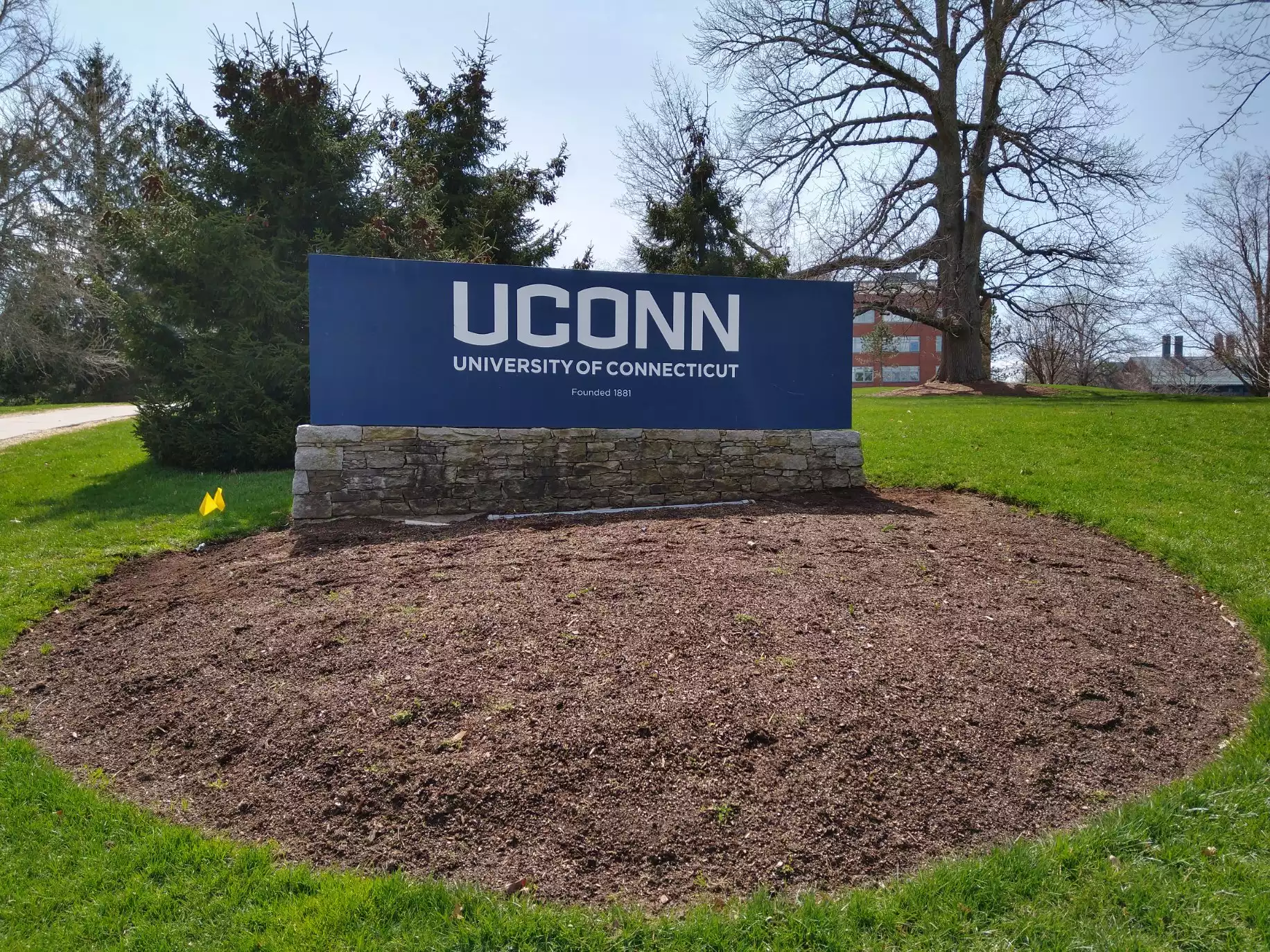The University of Connecticut (UConn) and the Connecticut State Colleges & Universities (CSCU) are requesting lawmakers provide more funding for capital improvement projects than allocated in Gov. Ned Lamont’s proposed budget.
Dr. Radenka Marci, president of UConn, and Terrence Cheng, president of CSCU, presented their justification during the March 15 Finance, Revenue and Bonding Committee meeting, highlighting the maintenance projects in need of completion, as well as the positive financial benefits prior capital plans have had on the state.
UConn expressed its “disappointment” in not receiving the additional $320 million requested for FY24 and FY25 to demolish the Torrey Life Sciences Building and Greenhouses and construct a new science building. For context, the university aims to receive $824.7 million and $821.1 million for FY24 and FY25, respectively.
Marci praised the state’s previous support, starting with the UConn 2000 Infrastructure Improvement Program established by the General Assembly in 1995. Since then, the program has helped “modernize, rehabilitate, and dramatically expand the physical plant of the University.” The plan is now in its third phase — which extends through FY27 — and includes the Next Generation Connecticut (NextGenCT) and the Bioscience Connecticut initiatives.
“As envisioned, [the UConn 2000 program] is a major tool in attracting and retaining the state’s high-achieving students and world class faculty researchers and staff,” Marci stated.
According to Marci, through projects completed with the assistance of the UConn 2000 program, the university’s overall undergraduate enrollment has increased by 64% since 1995, while enrollment has made significant leaps in undergraduate STEM and the School of Medicine and Dental Medicine. Additionally, since NextGenCT began, UConn has completed a new 212,000 square foot residence hall, opened a 115,000 square foot Engineering and Science building, completed a new downtown Hartford campus, commenced renovations to numerous facilities and academic buildings, such as the Gant Science Complex and the STEM Research Science 1 building.
Funding projects through the capital plans is an “imperative” Marci stated to the committee, adding that “it is critical that planned levels of capital funding remain intact” to avoid additional costs associated with delays or project shutdowns.
Cheng expressed similar concerns regarding the unfulfilled requests by the governor’s budget. Since Gov. Lamont assumed office, CSCU has received $86 million per year in capital funds — yet $41 million was allocated in the 2022 calendar year.
“Delays in funding major projects results in growing costs while students, staff and faculty continue to rely on aging, outdated, and deteriorating facilities,” CSCU stated in its slideshow presentation. “These high priority projects address the colleges’ most urgent renovation needs, and because of the ongoing delays in funding approval they have grown in cost since their original legislative approval by over $32 million.”
CSCU represents four state universities, 12 community colleges and Charter Oak State College, serving more than 85,000 students and overseeing 15 million square feet of facility space; however, the group claims the governor’s budget “does not provide for any new authorizations for CSCU institutions outside of program funding for infrastructure, technology and equipment.” Utilizing photographs of facilities in disrepair during the presentation, CSCU cited several projects in desperate need of maintenance to improve campus operations including the Eastern Connecticut State University Sports Center, Greenwood Hall at Northwestern Connecticut Community College, and the implementation of a systemwide energy efficiency, among others.
Despite the complaints of limited funding, state universities and community colleges are poised to receive $755 million in FY24-FY25 in Gov. Lamont’s budget, up from $693 million. This does not include monies from the American Rescue Plan Act (ARPA) — which will increase funding to $1.04 billion and $923 million over the next two fiscal years.

